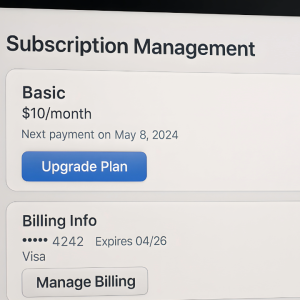From quick tasks to specialized services — the evolution of work
When the gig economy first emerged, it was defined by quick, task-based work: food deliveries, ridesharing, or simple online assignments. Fast-forward to 2025, and the picture looks dramatically different. We’ve entered what experts call “Gig Economy 2.0” — an era where independent work is no longer limited to small tasks but has expanded into specialized, high-value services that rival traditional employment.
From Side Hustles to Specialized Services
The early gig economy was all about convenience: driving someone across town, assembling furniture, or completing microtasks online. Today, the scope has shifted. Businesses are turning to gig platforms for:
- Professional consulting 🧑💼 — finance, strategy, marketing.
- Creative expertise 🎨 — design, content creation, media production.
- Technical services 💻 — web development, cybersecurity, AI engineering.
- Niche specialties 🔬 — sustainability analysis, legal compliance, even biotech support.
According to CNBC’s analysis of the gig economy (link), this evolution shows that freelance and contract-based work is no longer “extra help” but an essential part of business strategy.
Why Businesses Are Embracing Gig Economy 2.0
Companies are discovering that relying on a flexible workforce isn’t just a cost-saving measure — it’s a way to stay competitive.
- Agility in uncertain markets — Businesses can scale teams up or down quickly.
- Access to top talent worldwide — Geography no longer limits recruitment.
- Project-specific expertise — Hire the right person for the job without long-term contracts.
- Reduced overheads — No need for permanent infrastructure for short-term needs.
The World Economic Forum highlights in its future of work models that this blended model of permanent staff + specialized gig professionals is shaping the workforce of tomorrow.
Challenges of the New Gig Economy
Of course, opportunities come with challenges:
- Quality assurance — How do businesses know they’re hiring trusted experts?
- Compliance & regulation — Labor laws continue to evolve around gig work.
- Integration — Blending gig workers seamlessly into teams is not always easy.
- Sustainability — Companies must ensure fair treatment and long-term partnerships, not just transactional gigs.
These issues make the need for trusted, well-structured marketplaces more important than ever.
How MPS Bridges the Gap
At My Premium Service (MPS), we recognize that the gig economy has outgrown simple tasks. Our mission is to connect businesses with vetted professionals who provide the level of quality and reliability companies expect.
With MPS, businesses gain:
- ✅ A trusted marketplace for specialized gig services.
- ✅ Verified professionals across industries.
- ✅ Support for both one-time projects and structured long-term collaborations.
- ✅ Tools to streamline communication, payments, and service quality.
MPS isn’t just about “finding a freelancer.” It’s about building a bridge between the flexibility of gig work and the structure of professional services.
Final Thought
The gig economy is no longer a side story in the workforce — it’s a central chapter. As businesses adapt to global change, Gig Economy 2.0 offers flexibility, talent, and innovation at scale.
But success lies in choosing the right partners and platforms. That’s why MPS is here to help businesses unlock the full potential of this new era of work — ensuring every gig translates into real value.
In 2025, the future of work is here. And with MPS, you’ll always have the right people by your side.






